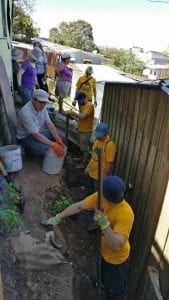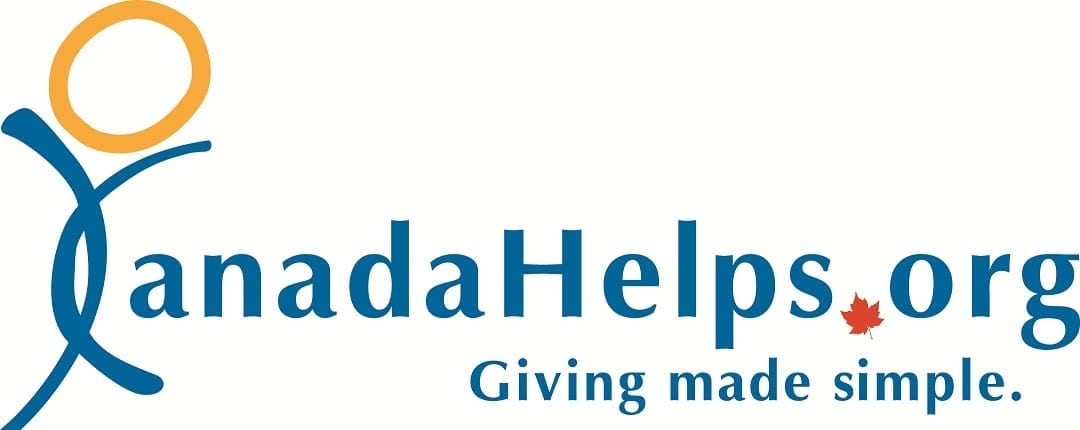Health for all – that is the slogan for today, World Health Day 2018. As the World Health Organization takes on the challenge of universal health care coverage on a global scale, it is easy to get lost, as an individual, in the scale of the effort. “How can I do anything that will make a difference? Isn’t this the realm of politicians, doctors, and medical organizations?” Yes it is. But you CAN make a difference, and a bigger one than you may think!
One of the biggest obstacles to universal health care, to providing necessary treatments to everyone regardless of their income, is COST; the more people who need these services, the more expensive it becomes.
PTSD, especially, can be very expensive to treat with therapy, medication, doctor’s visits etc. If we can reduce some of these costs Health for All may be more easily attained.
Camp Aftermath is not big enough to provide a program for everyone suffering with PTSD (yet!), so we focus on military, police and first responders. Within these groups are some of the highest percentage of PTSD sufferers of the population. While our primary goal is the health and wellness of these protectors, one of the aims, by default, will be a reduced dependancy on our health care system, which will reduce overall costs.
Here’s how it works:
Let’s say you help by donating to Camp Aftermath. This helps a participant with PTSD engage in Camp Aftermaths’s activities, which starts reshaping their life through giving to others. In this case, perhaps, it’s a family in Costa Rica.
The veteran’s mindset while at Camp improves as they apply self-care, take part in group therapy, and see the direct effects of their daily work and the joy it brings to the family in need.

Camp Aftermath volunteers building a wall in La Carpio, Costa Rica, during the 2018 Orientation Trip.
Upon their return to Canada, Camp Aftermath assists them in continuing to engage their local community, helping others in need, and reinforcing their personal growth in Costa Rica while improving their connection to family and friends.
Research has shown having strong connections in personal relationships and community has profound positive effects on a person’s physical and mental health. So now we have a veteran in better health physically and mentally. This leads to less dependancy on the medical system, including reduced need for pharmaceuticals, psychotherapy, or hospital admittance.
By helping this one person reduce their need for medical assitance you’ve help reduce the overall costs of health care.
Great! Maybe not the global impact you were hoping for but one is still good right? Right!
But let’s look at what really happened:
You gave willingly, which in turn helped your mindset, which positively affected each of your relationships and their mindset. The Veteran’s life improved, which positively affected their relationships with friends and family, which improved each of those lives. And, especially since it’s World Health Day, let’s not forget the family in Costa Rica helped by Camp Aftermath! Each of those people’s lives were improved physically (i.e. better living conditions, access to food or clean water), as well as mentally through peace of mind and, most importantly, the compassion of another human being!
So just how many people did you really help find better health?
You,
Your friends and family,
The veteran,
Their friends and family,
The family in Costa Rica,
Their friends and family and community, and their country’s health care system.
There’s a large group of people helped already, and to paraphrase the old shampoo commercial, “They’ll help two friends, and they’ll help two friends..and so on, and so on..”. Starting to sound more global, isn’t it?
That’s a pretty big impact from one person, YOU, who decided to help bring ‘Health to All’ just by doing your small part and giving a little.
Well done!
Happy World Health Day from Camp Aftermath!
–Matt

